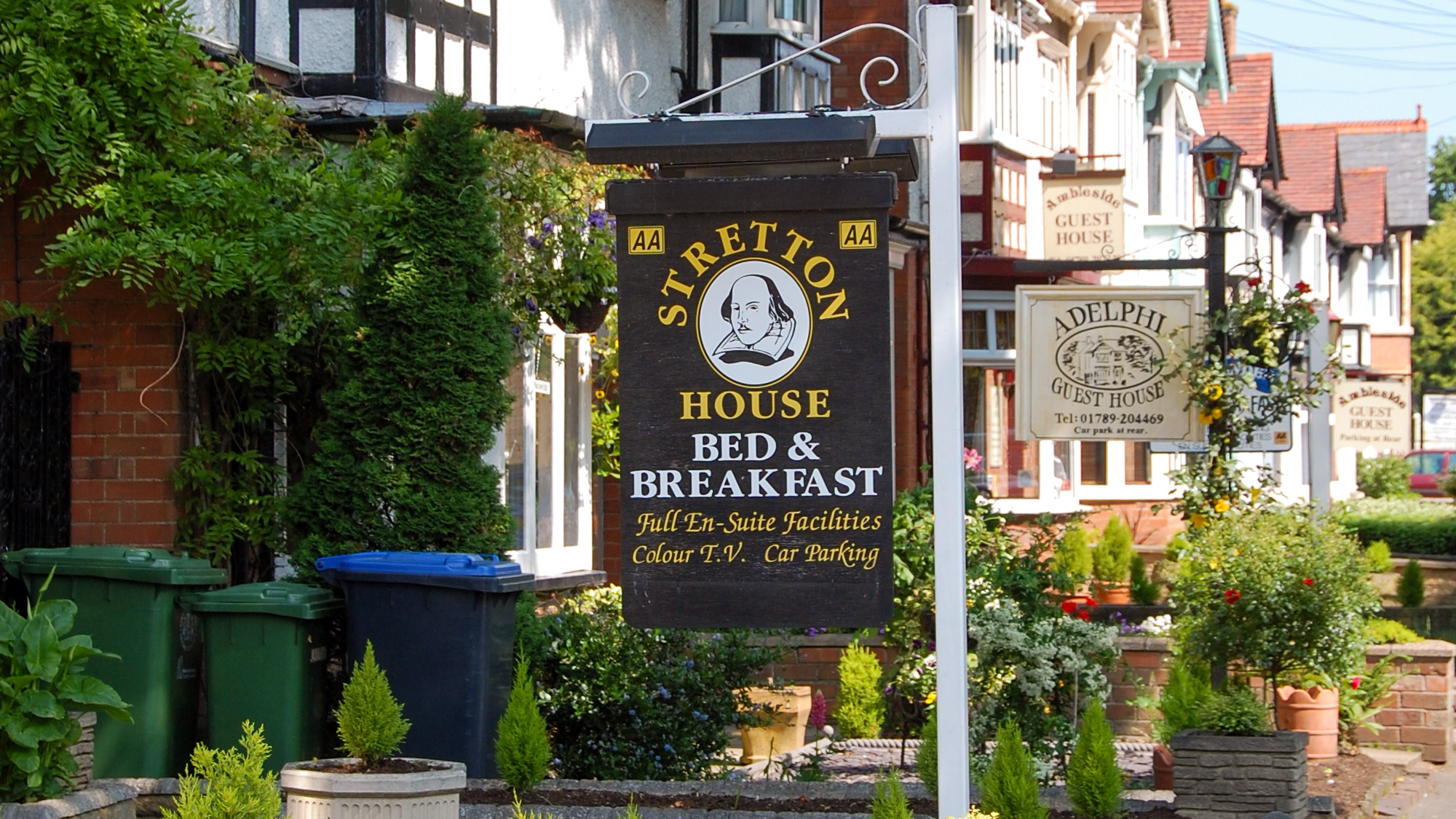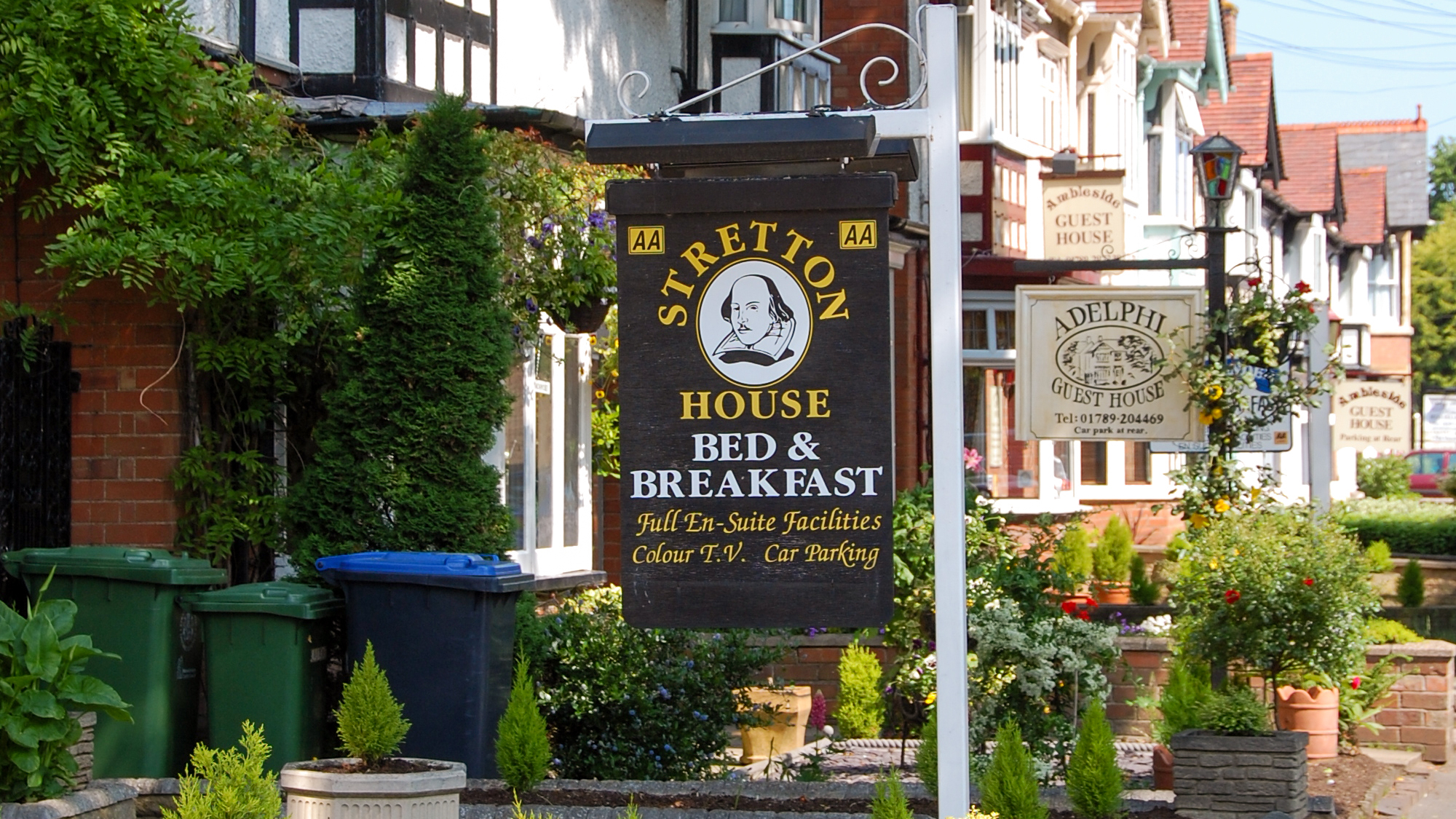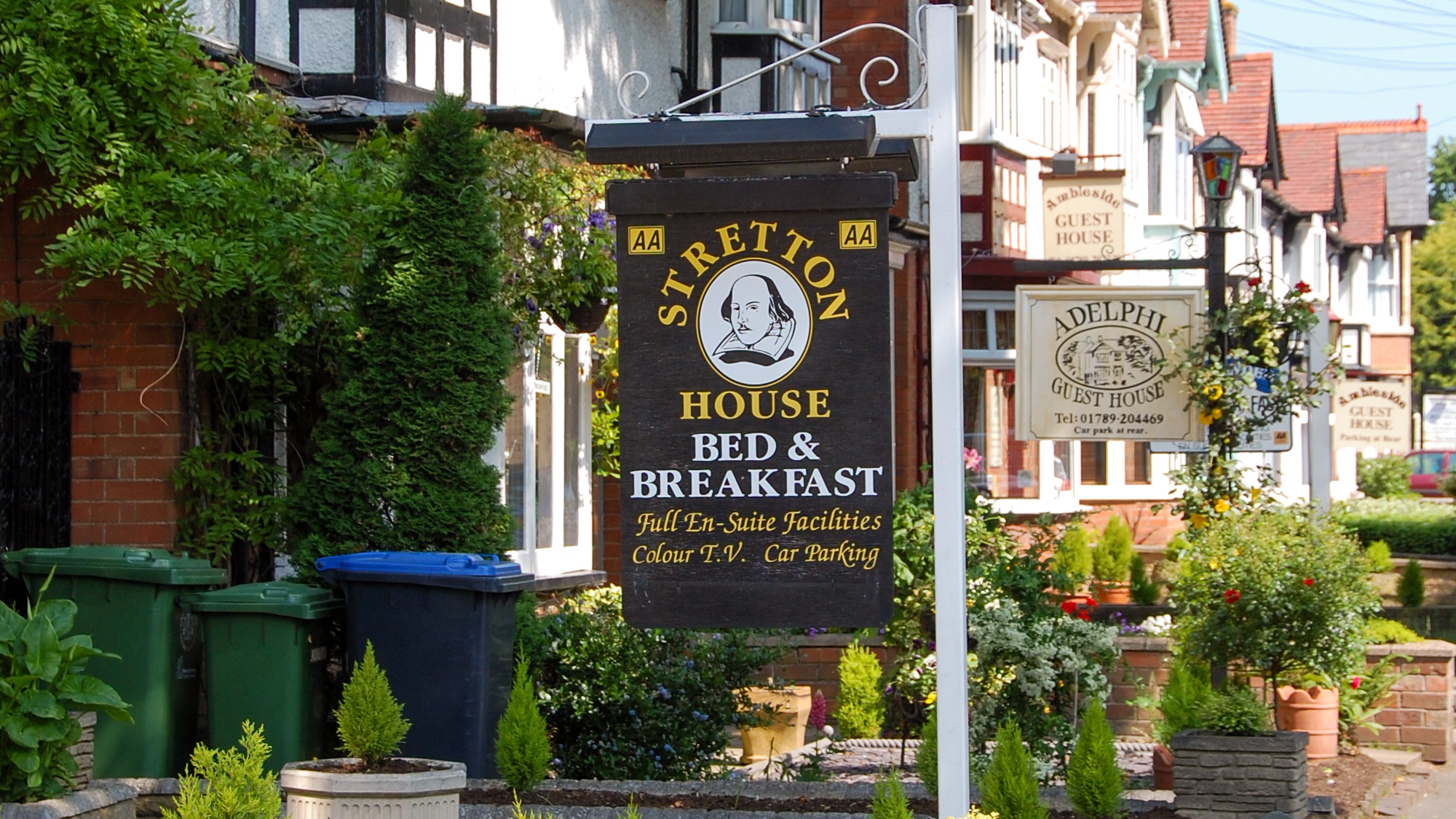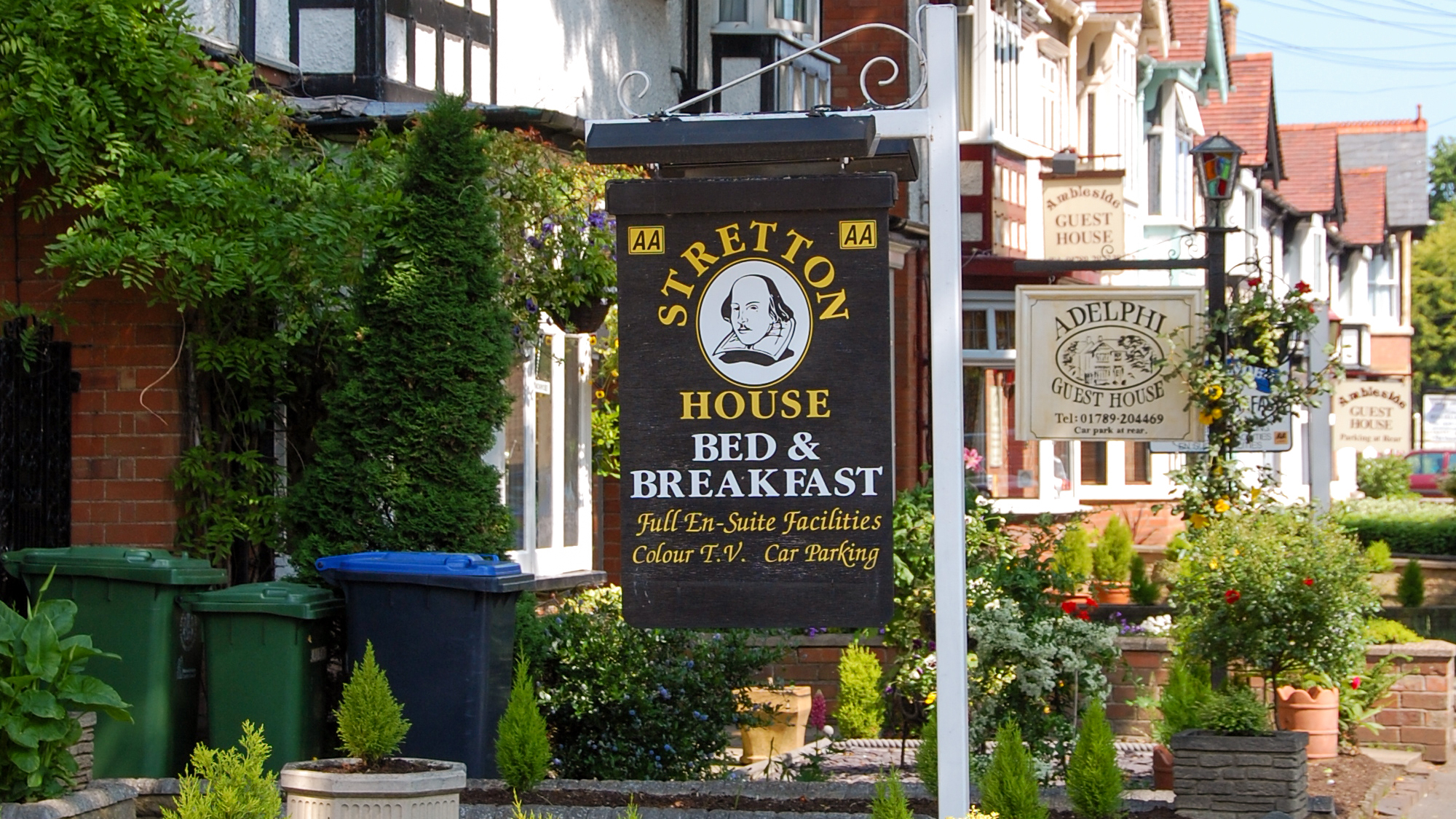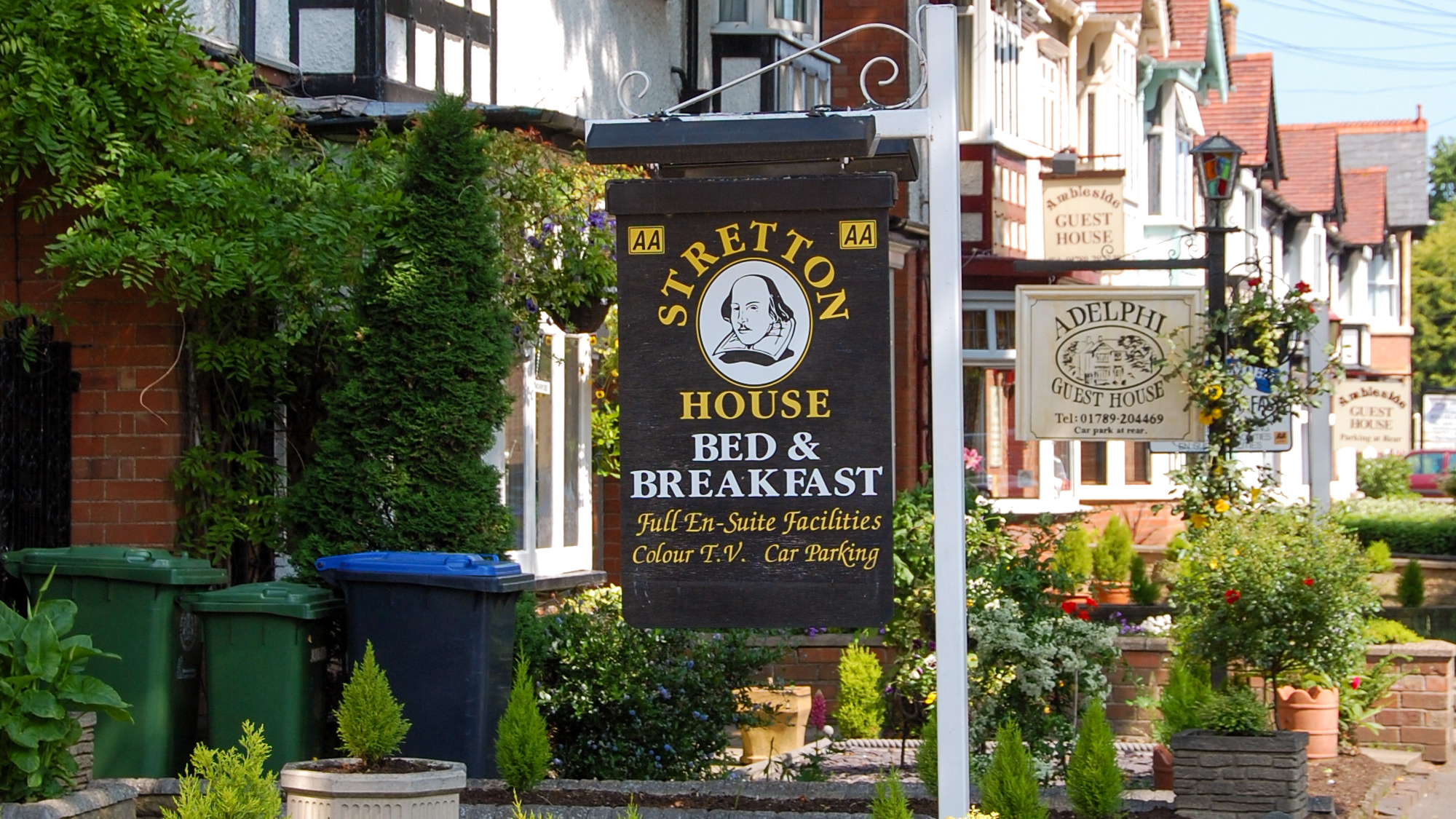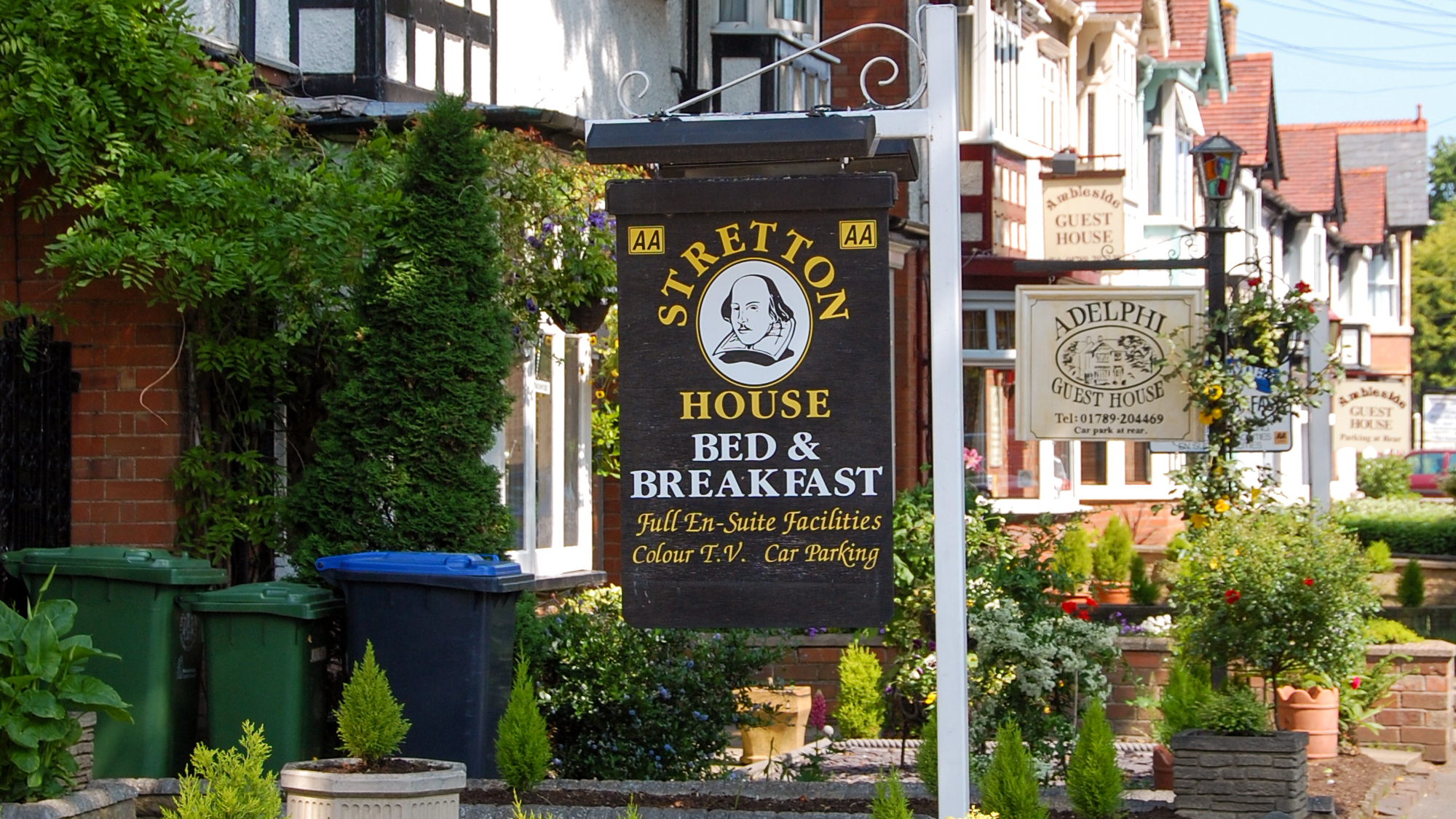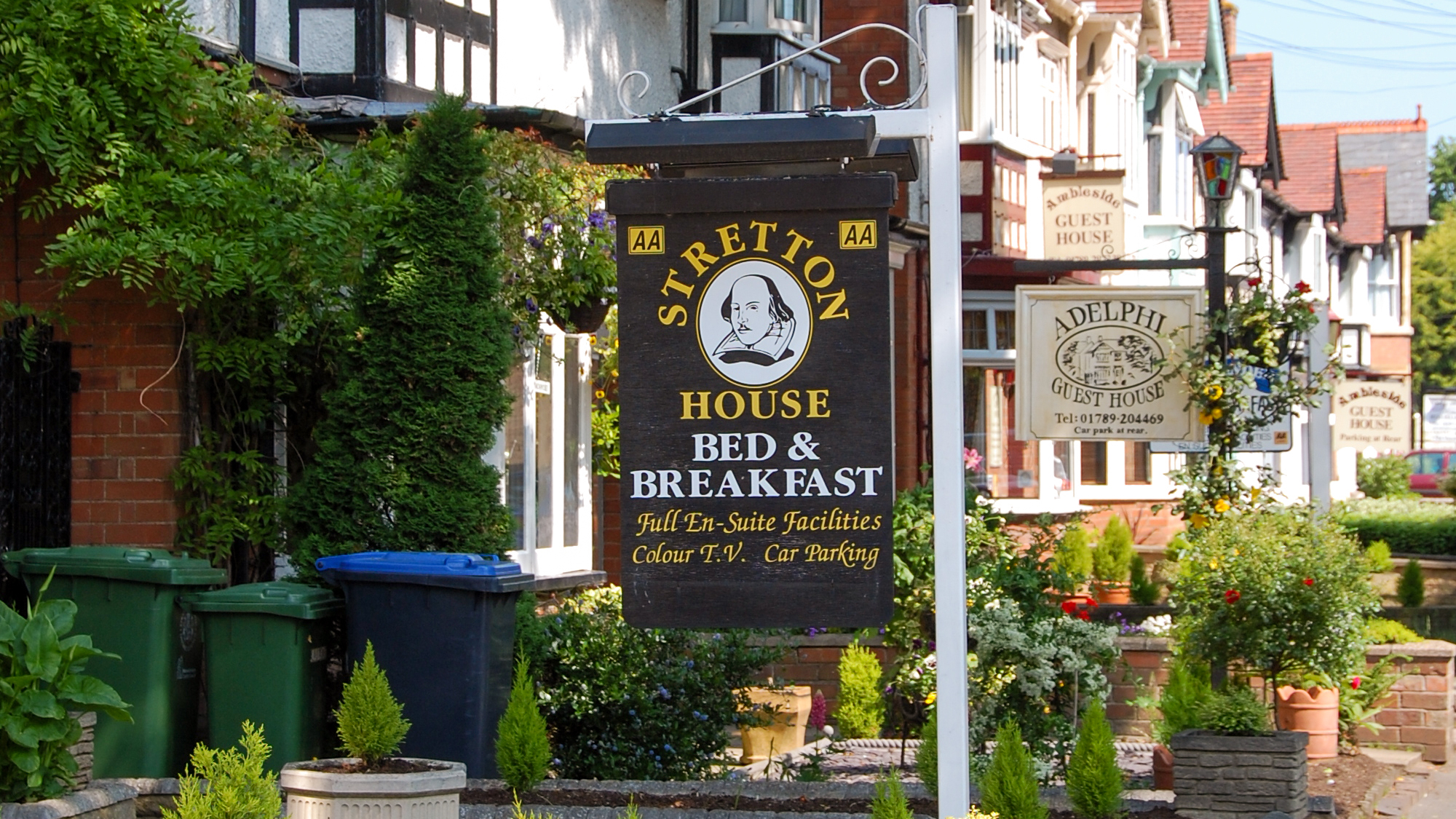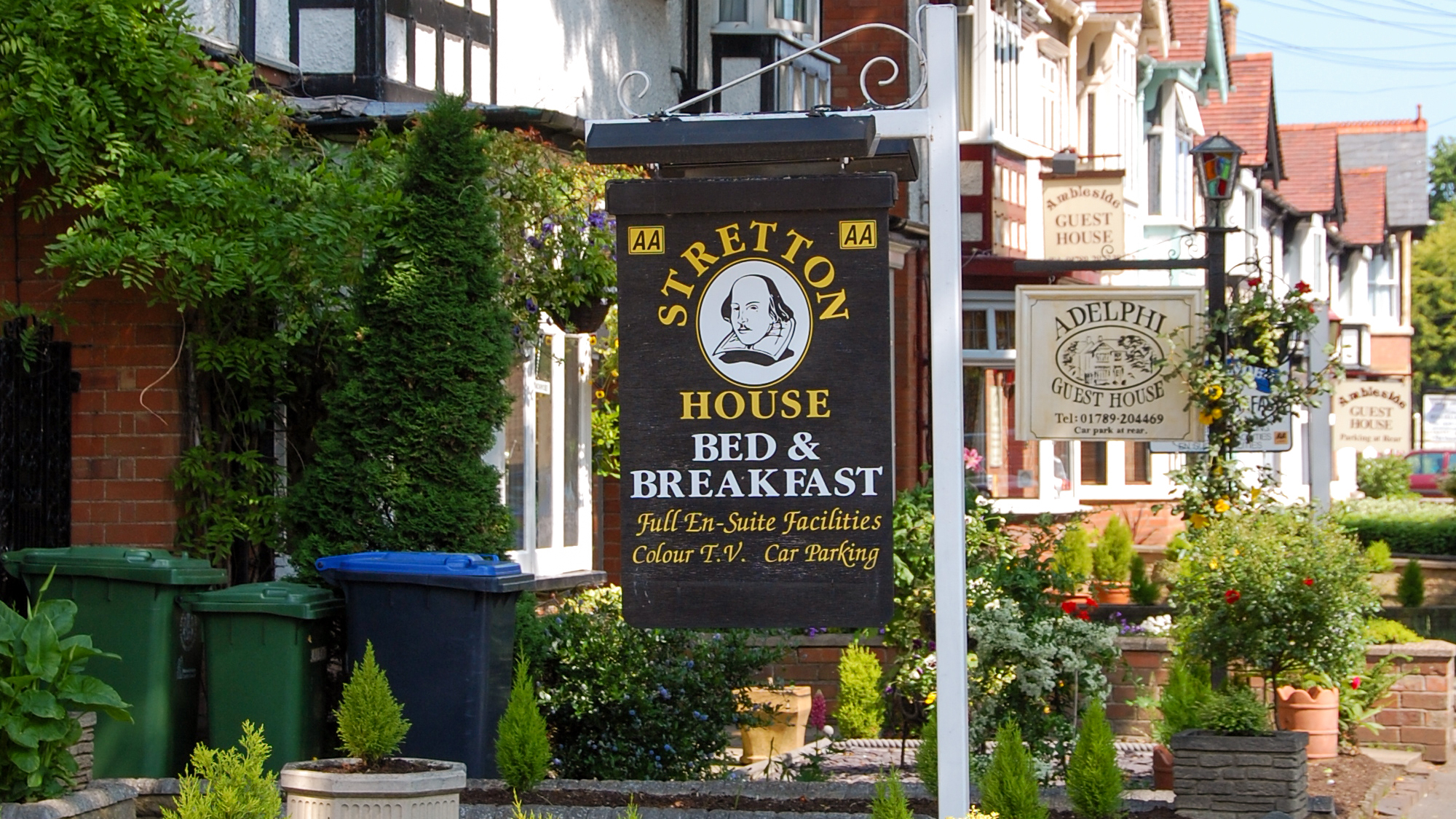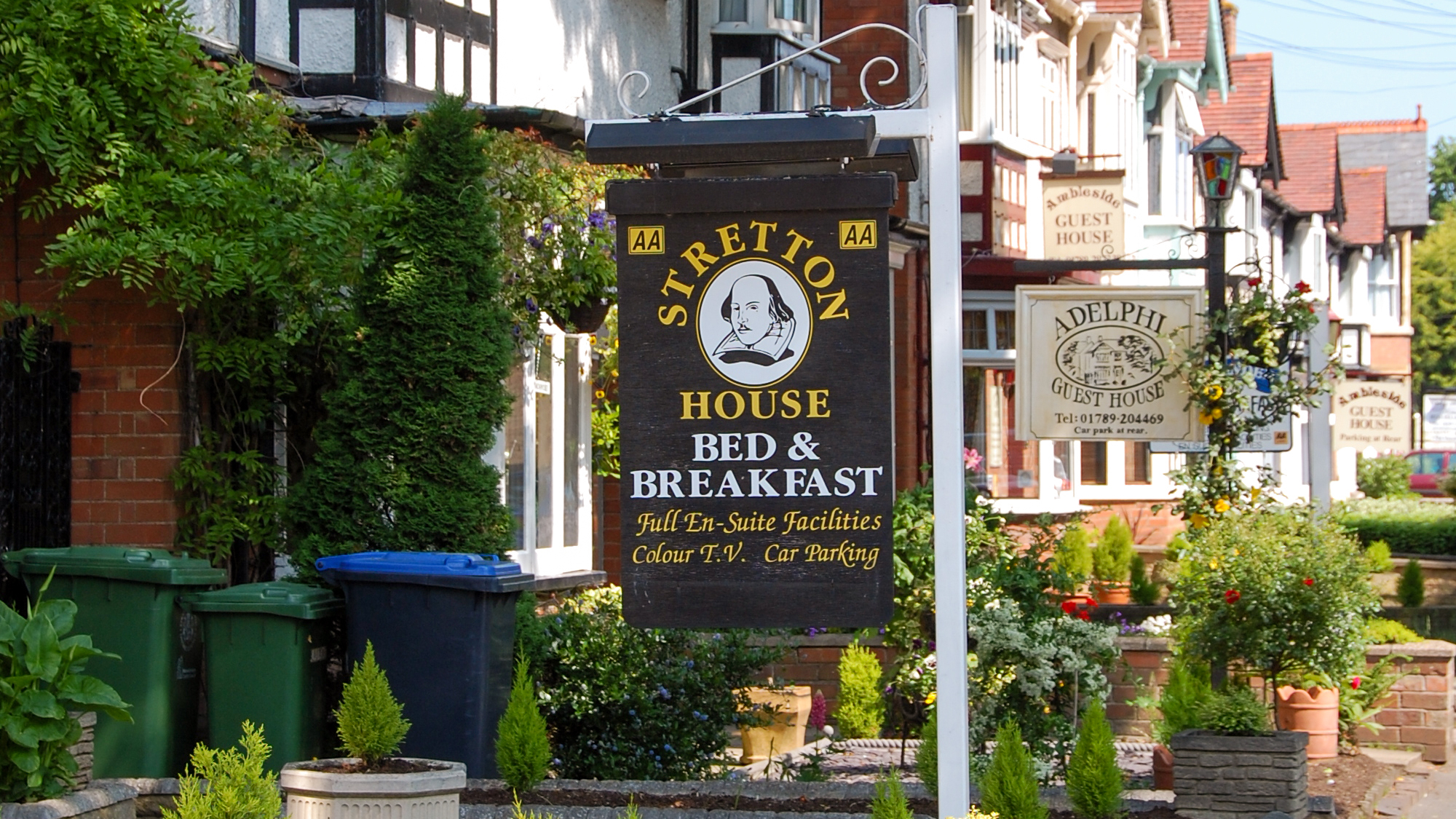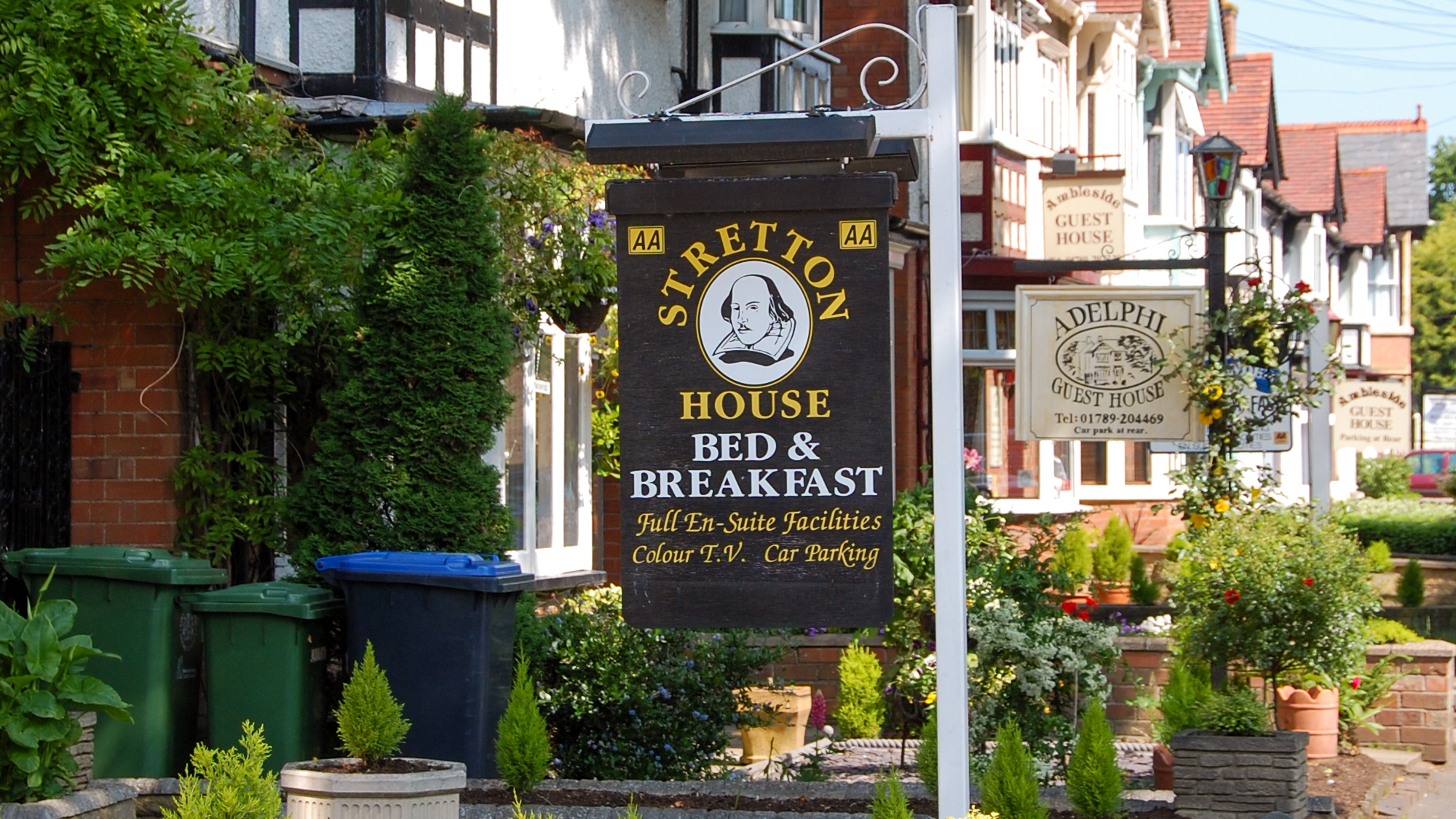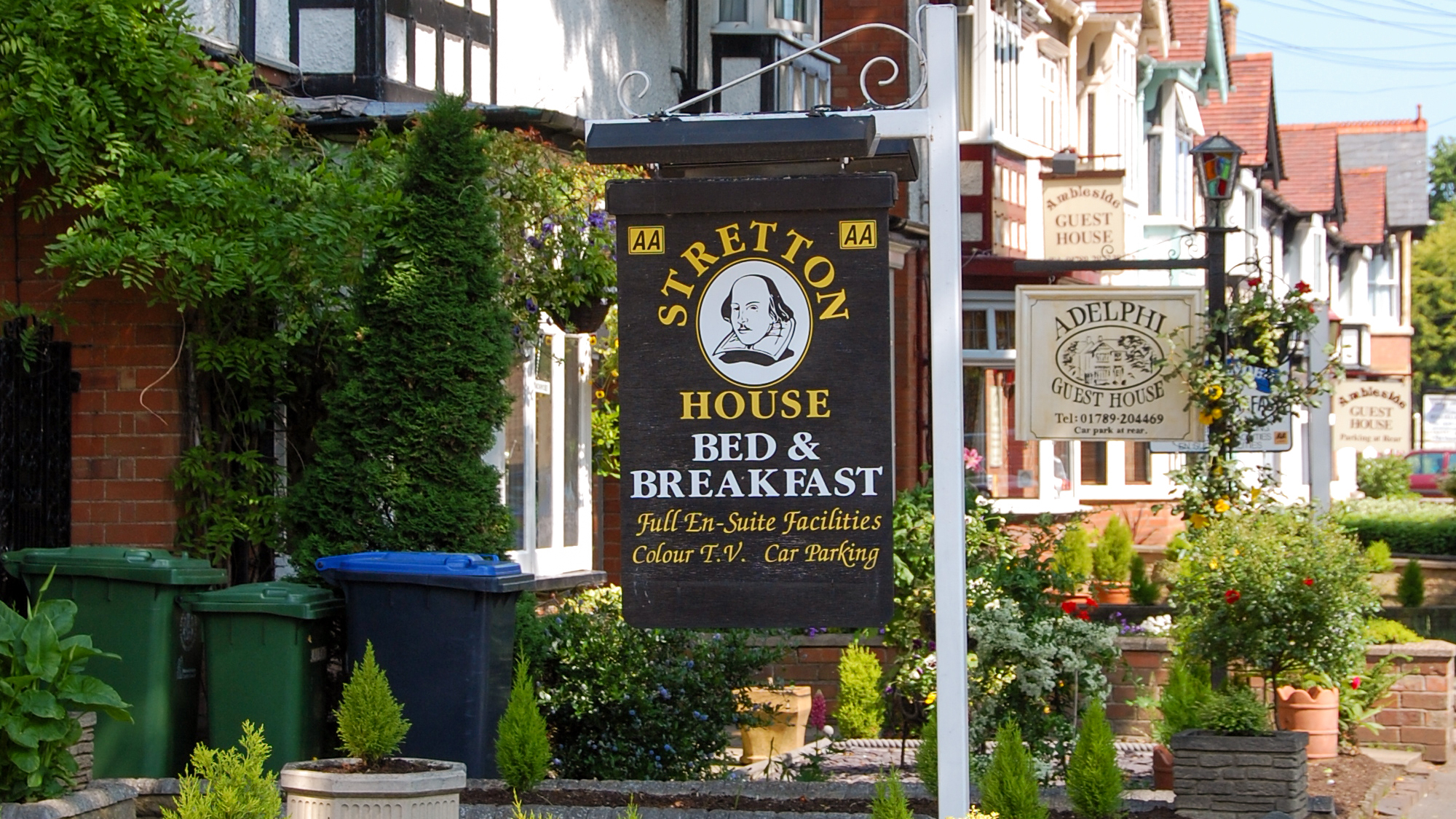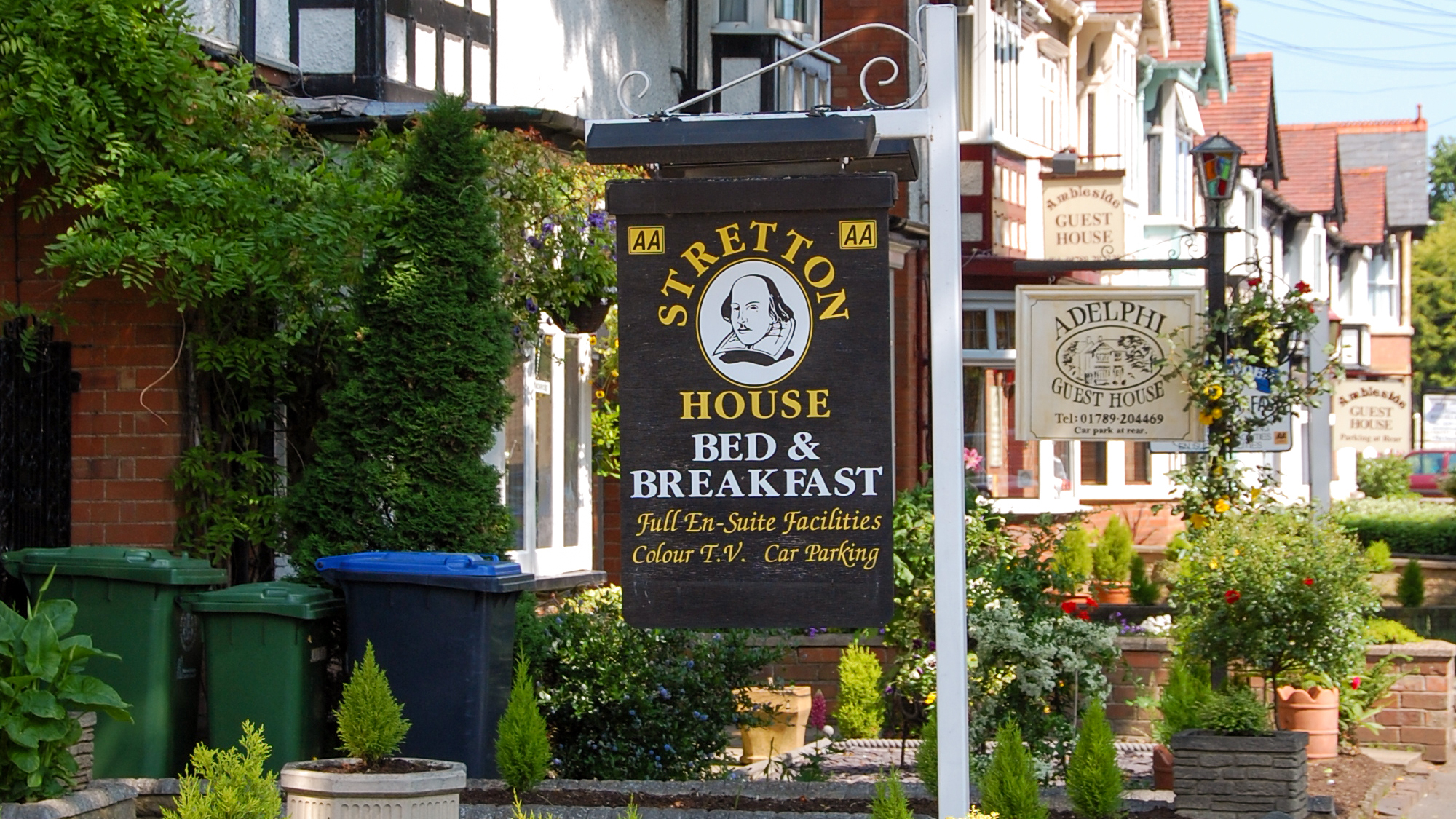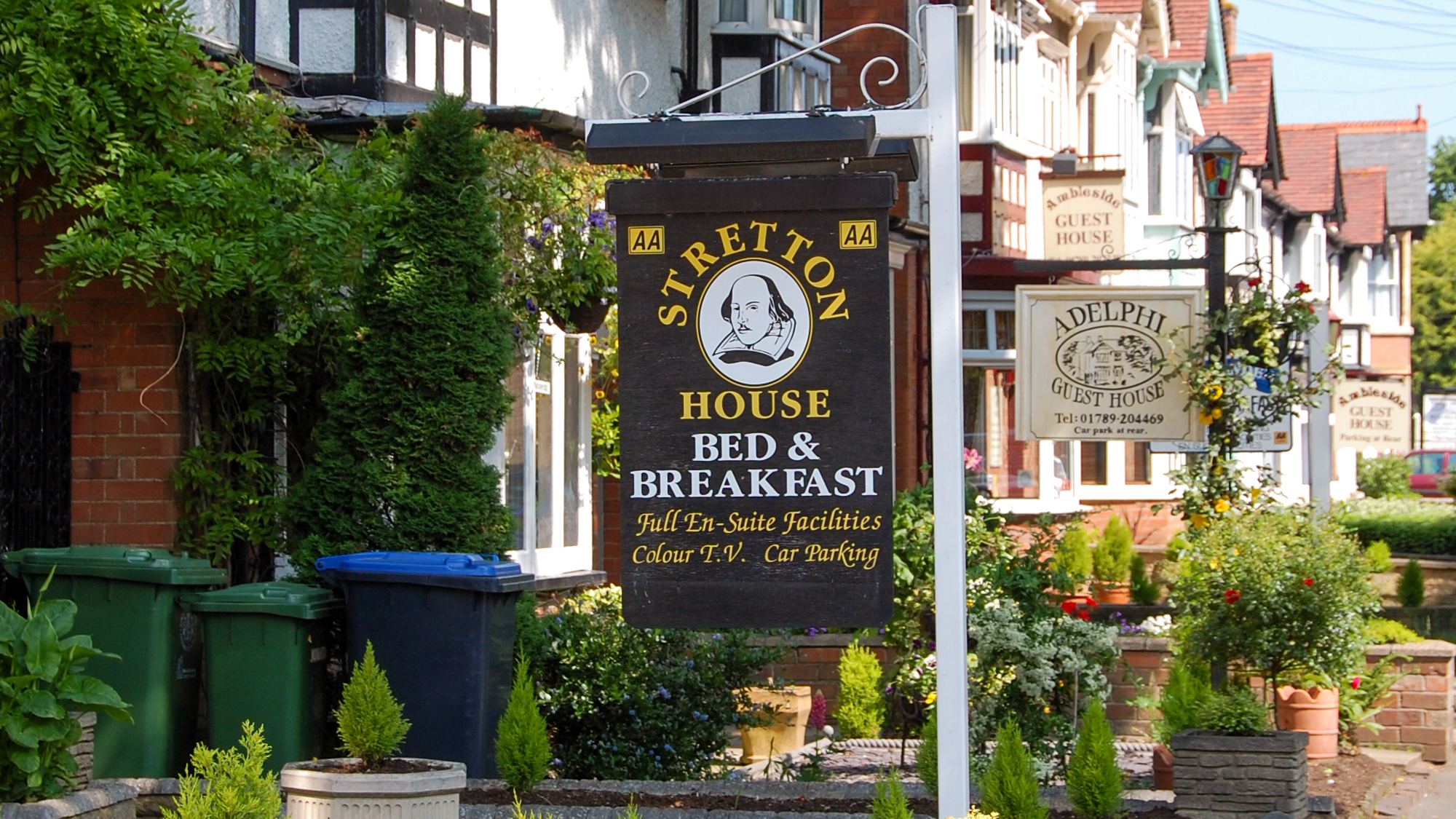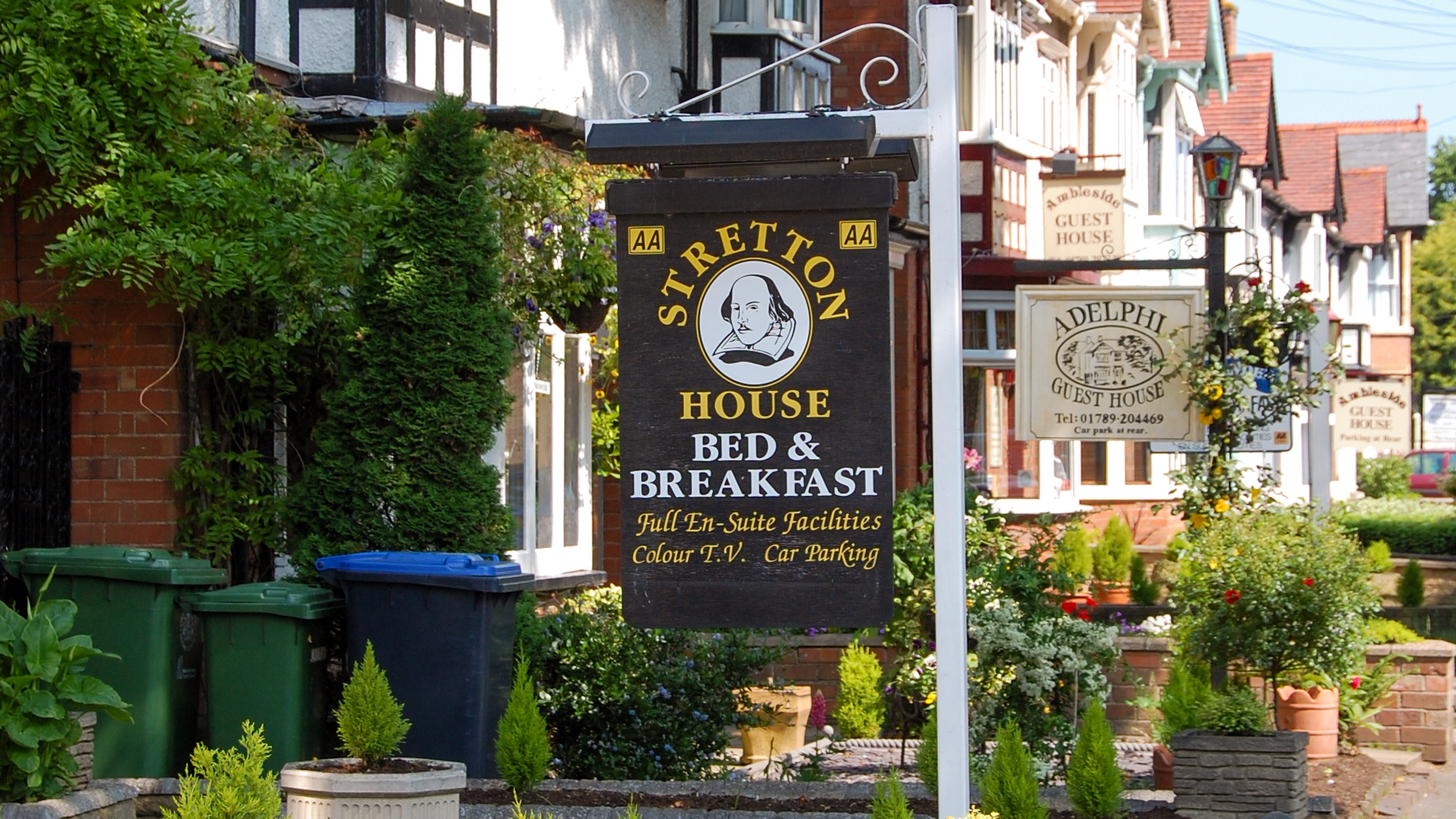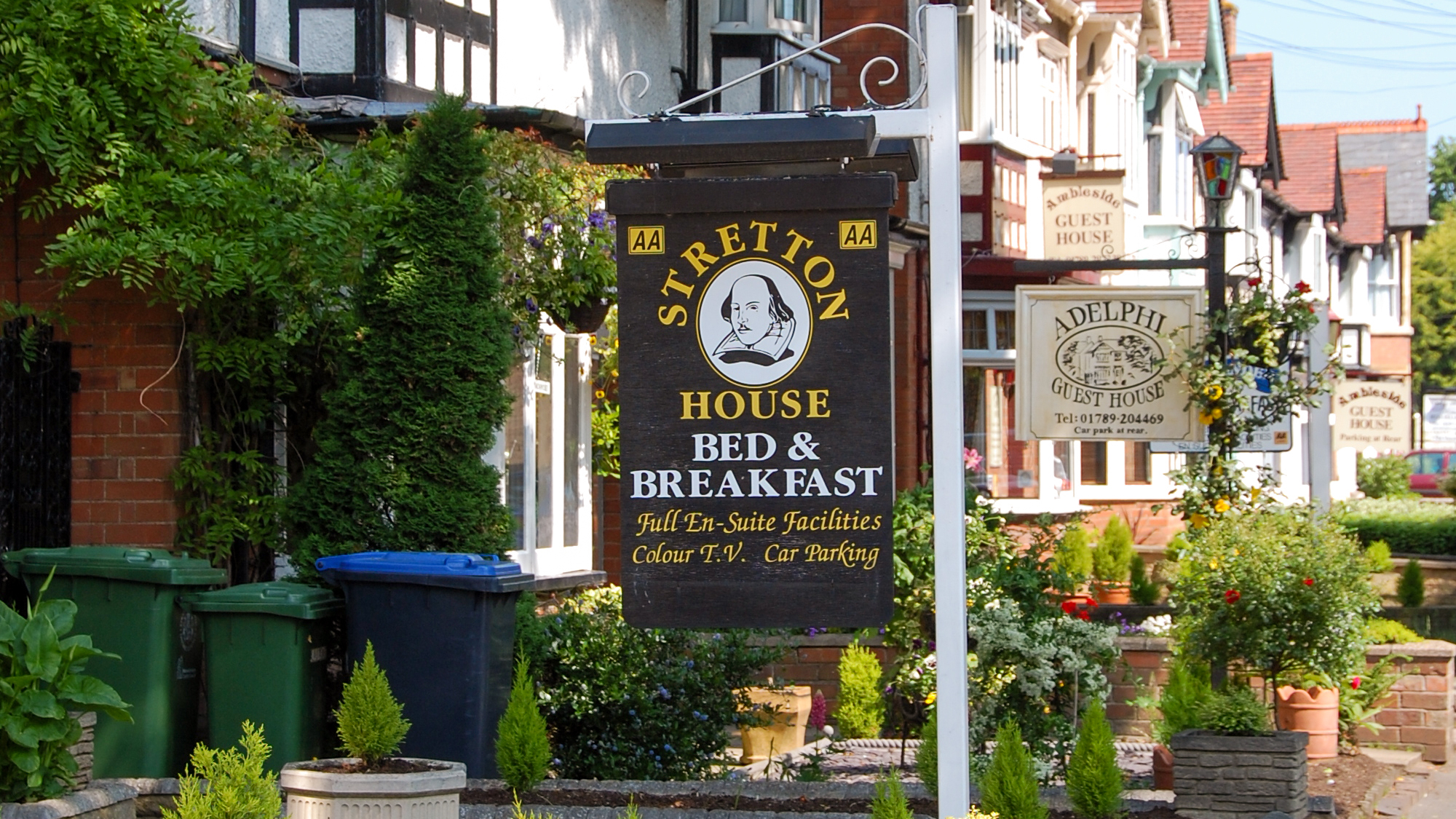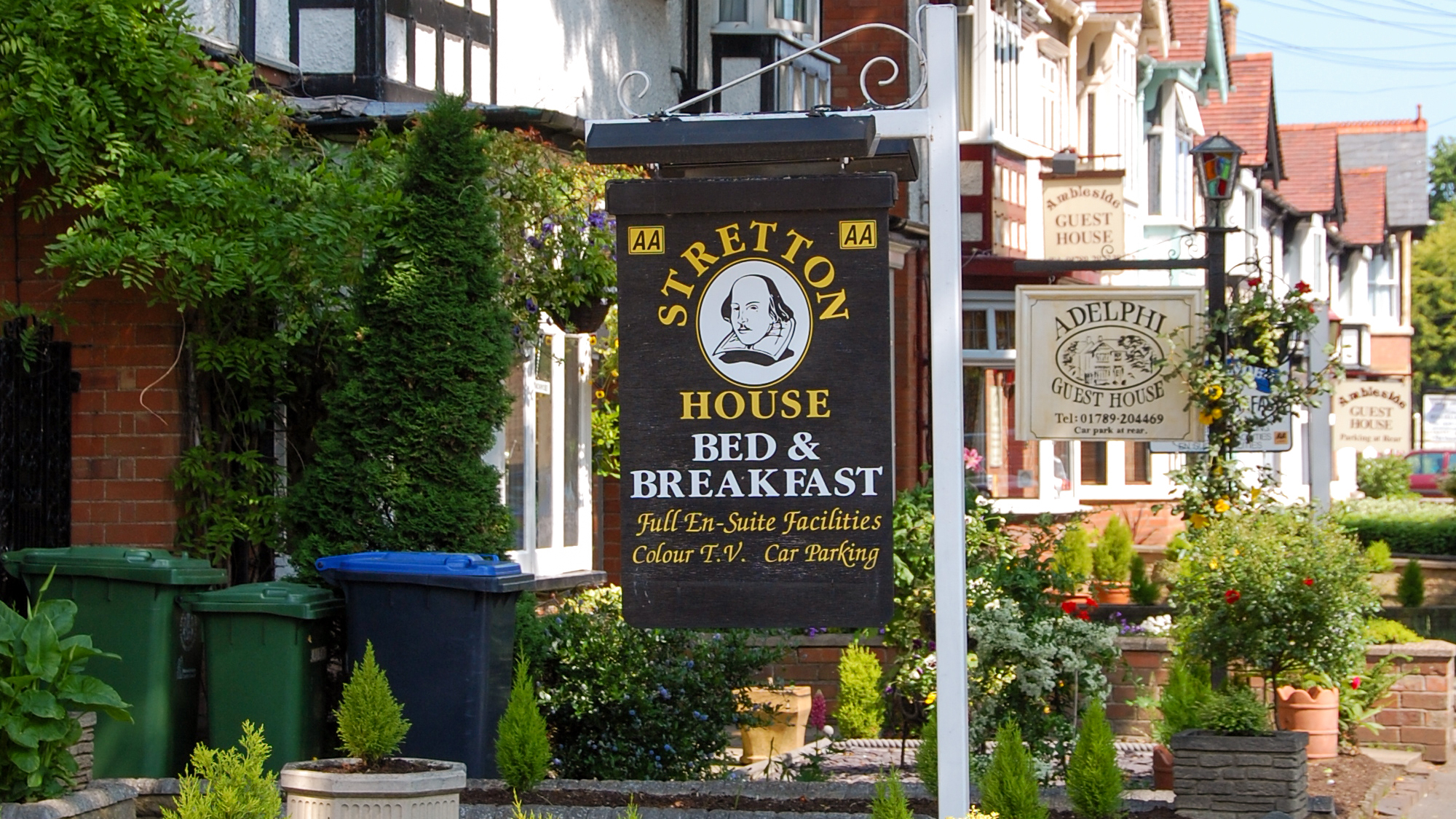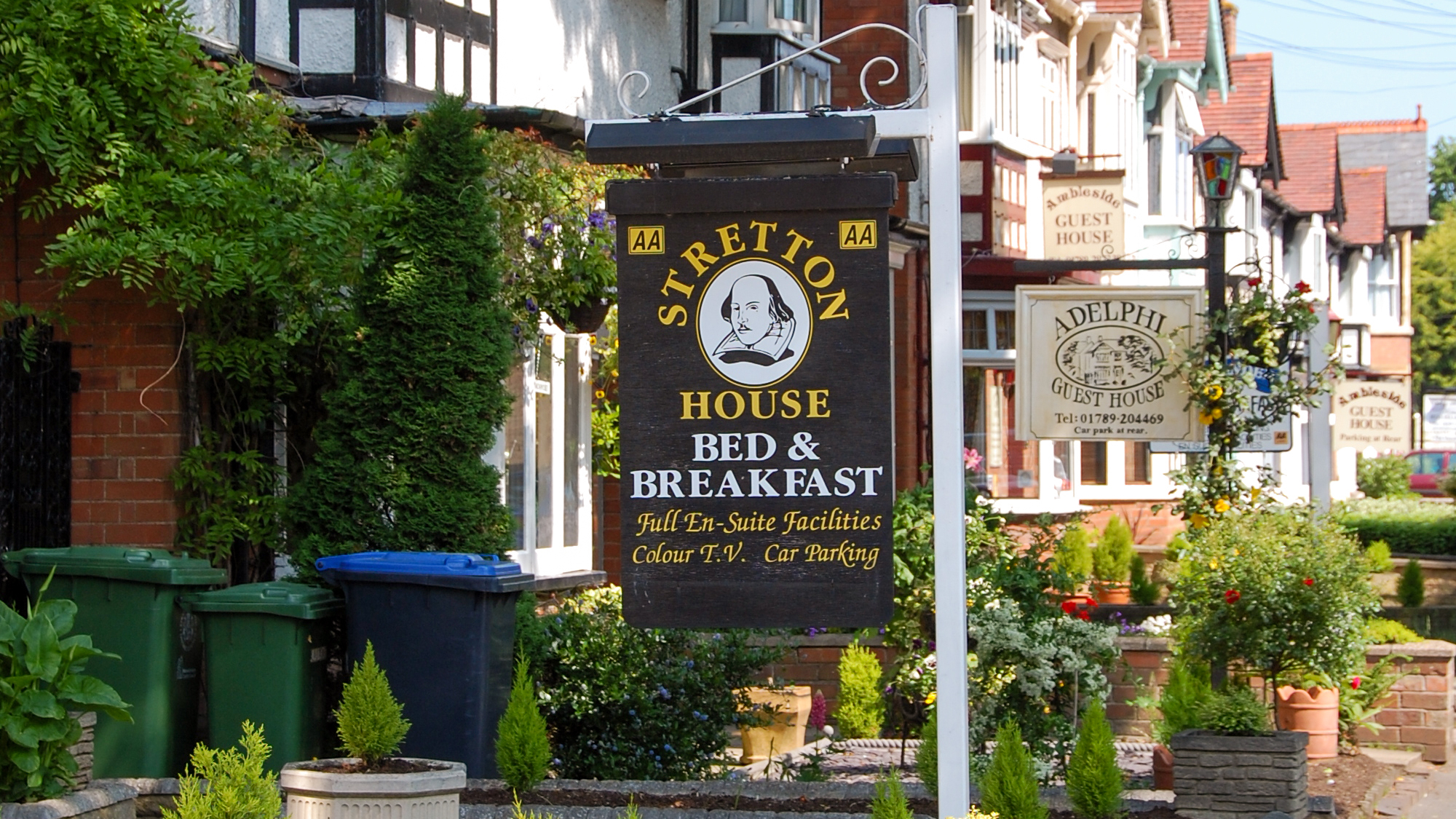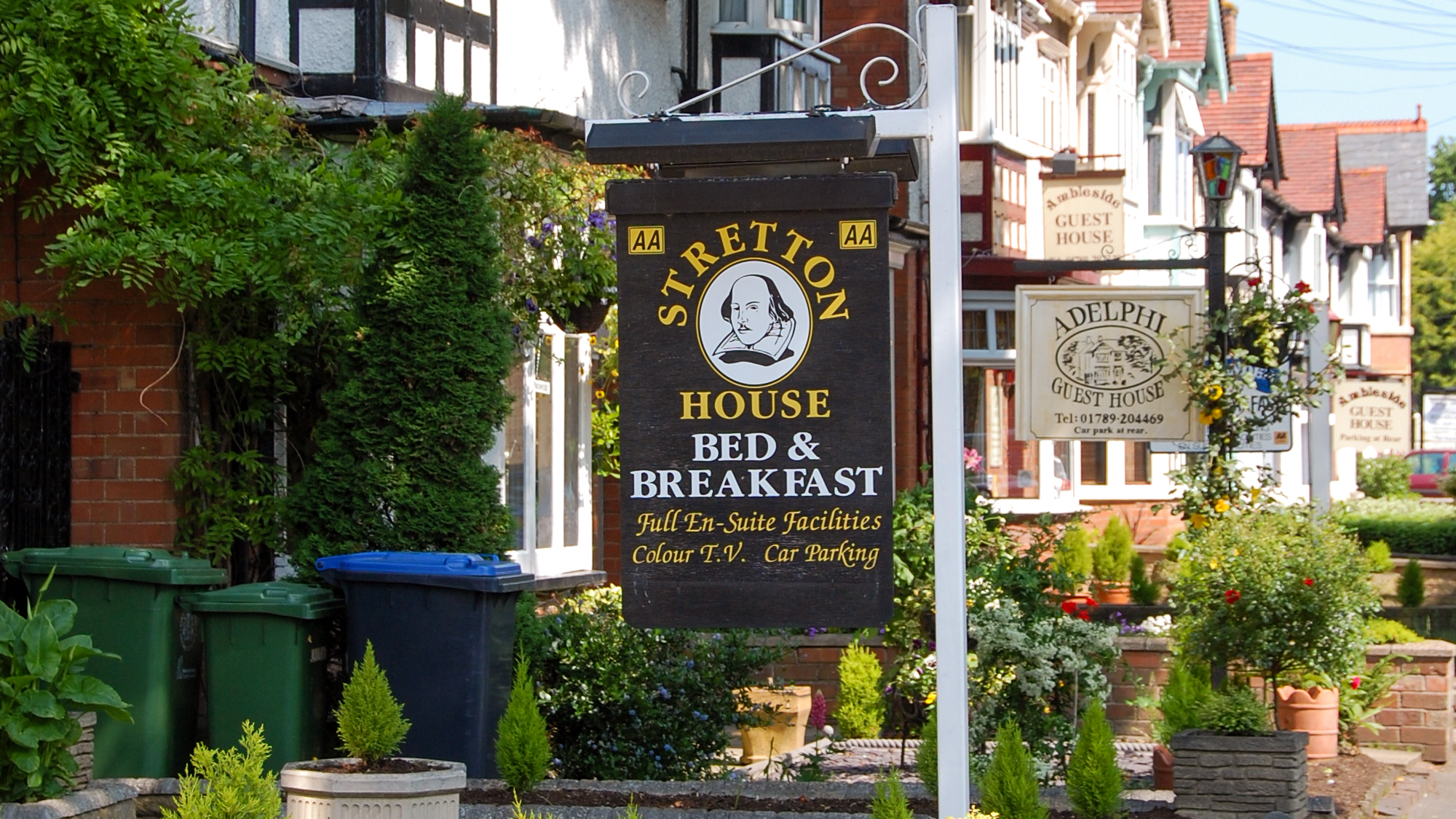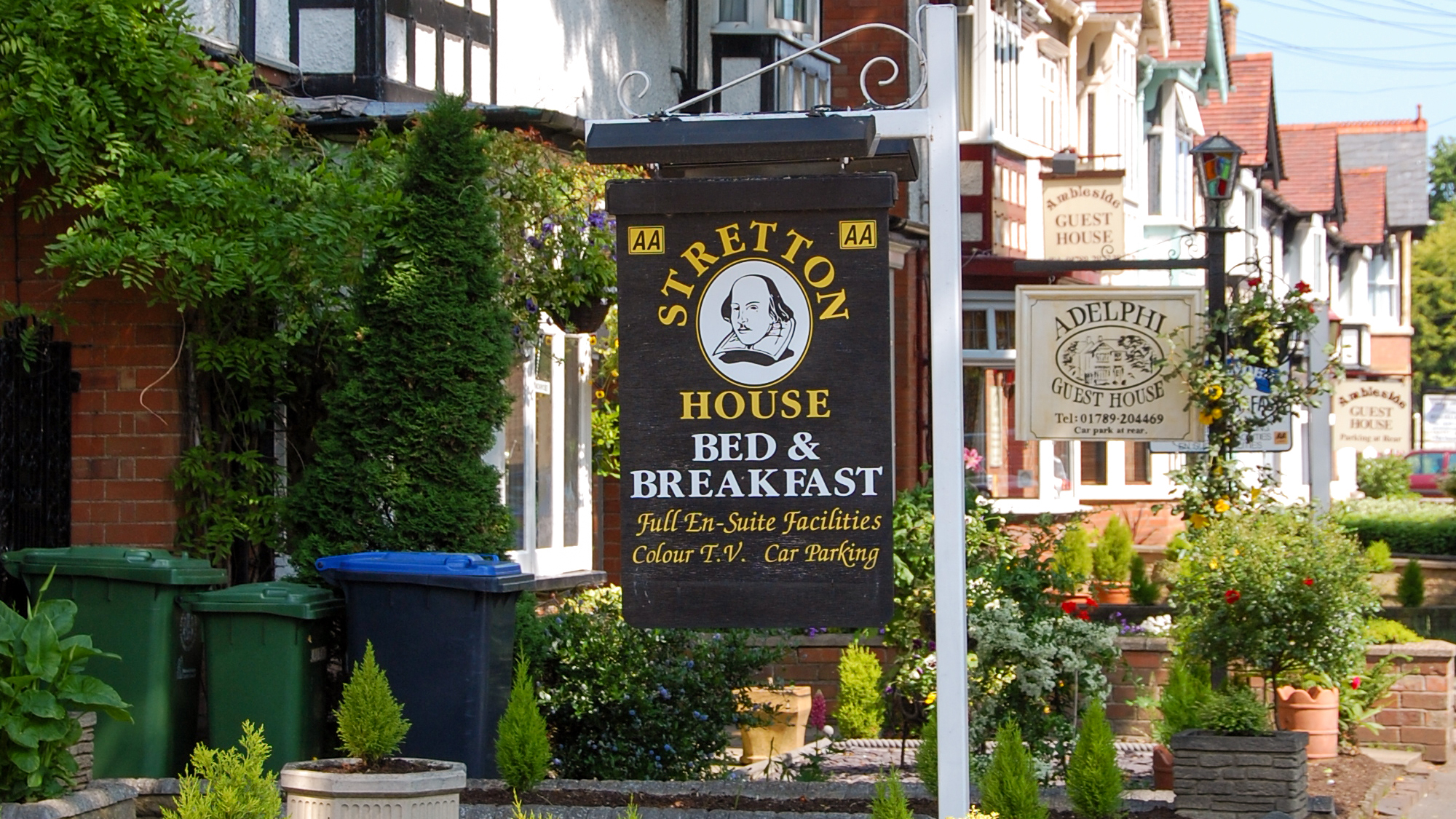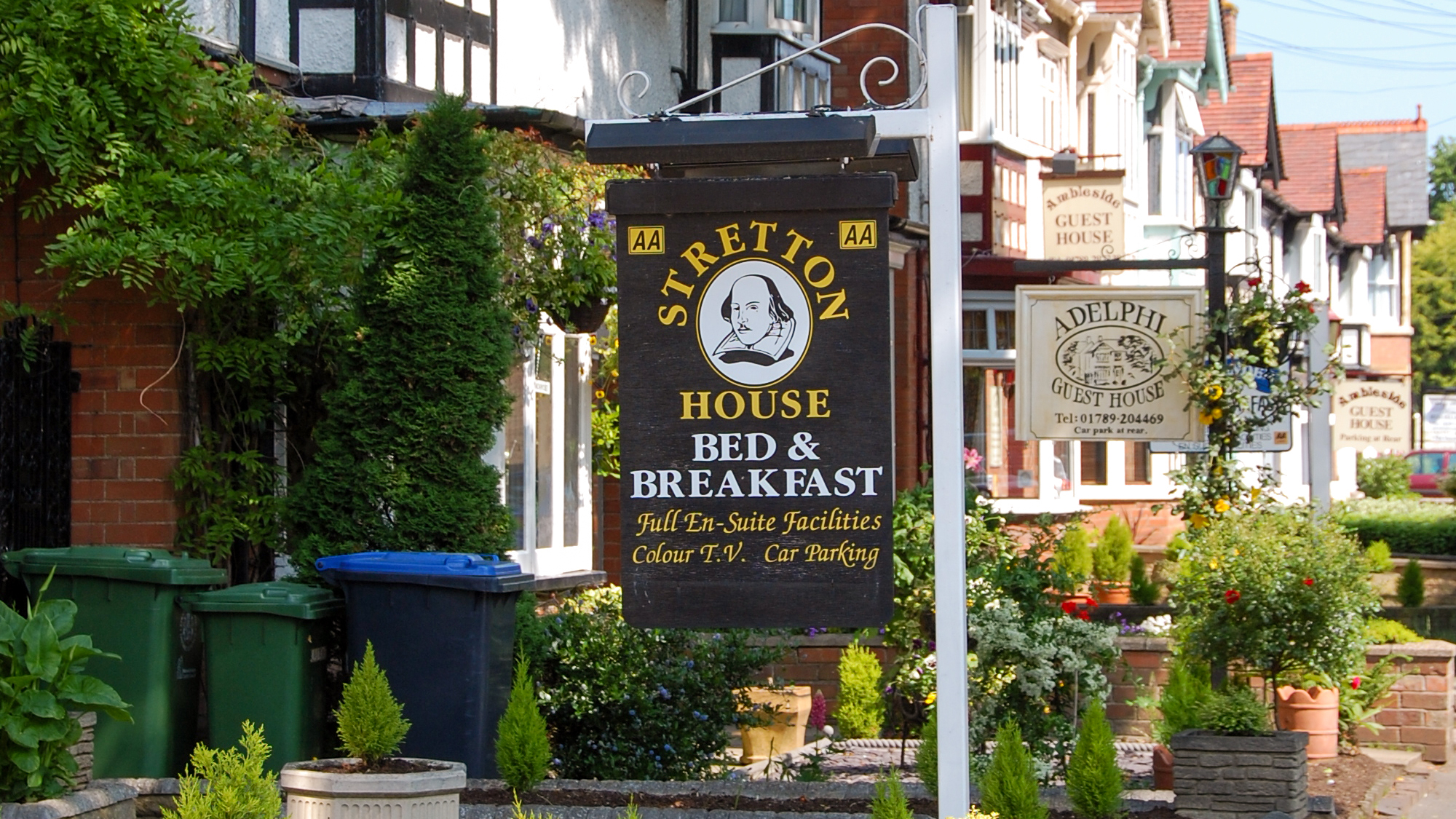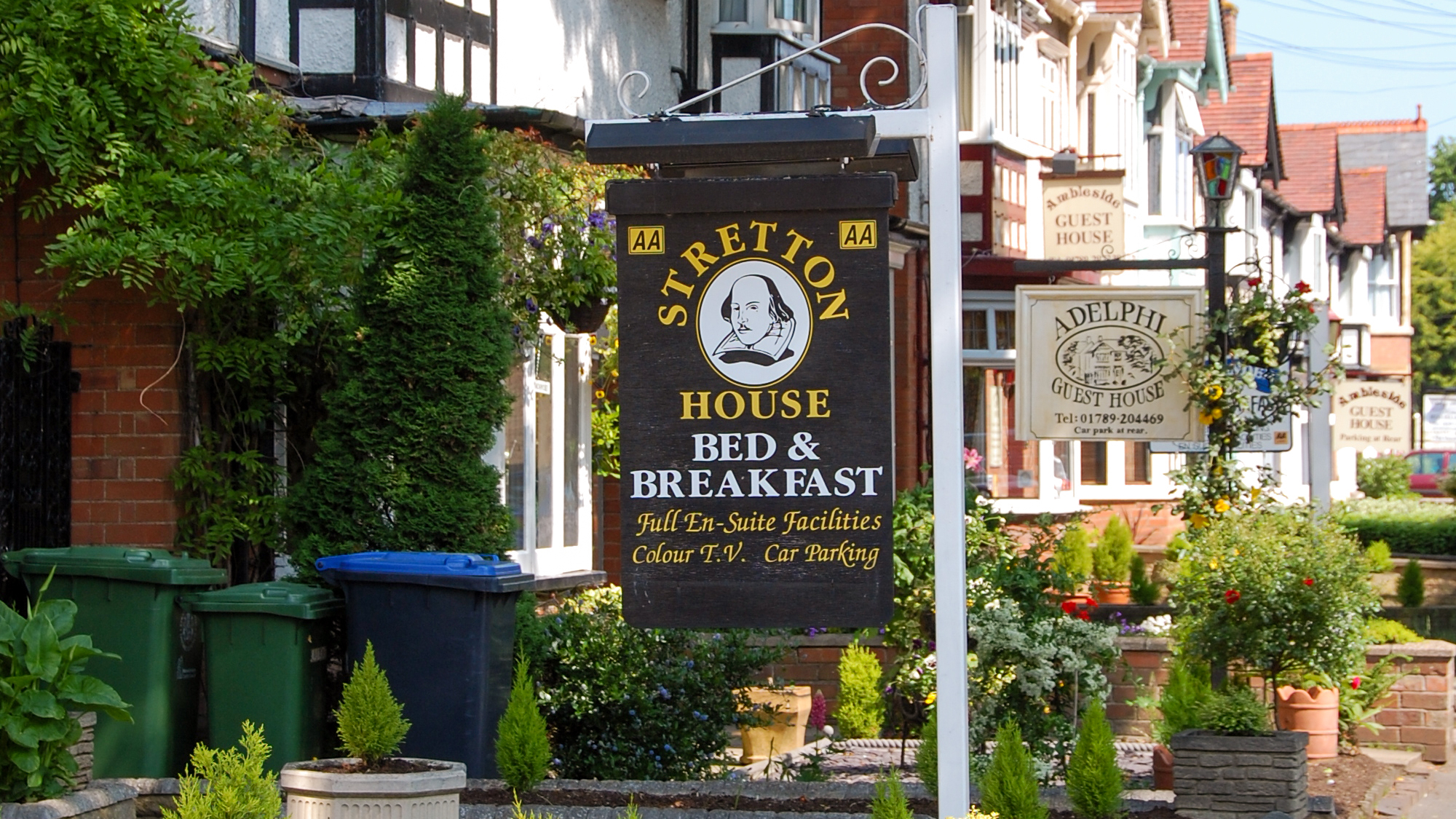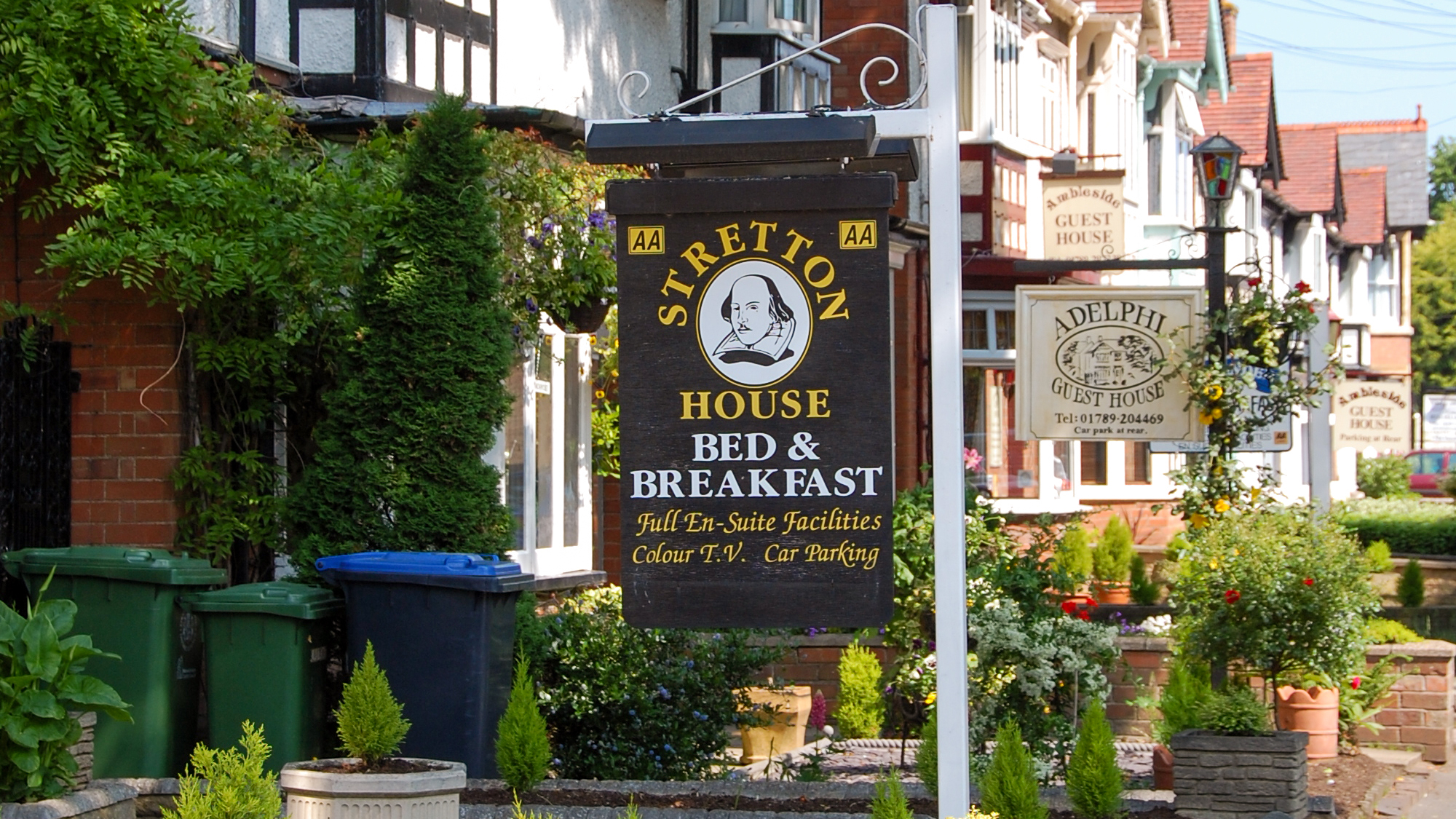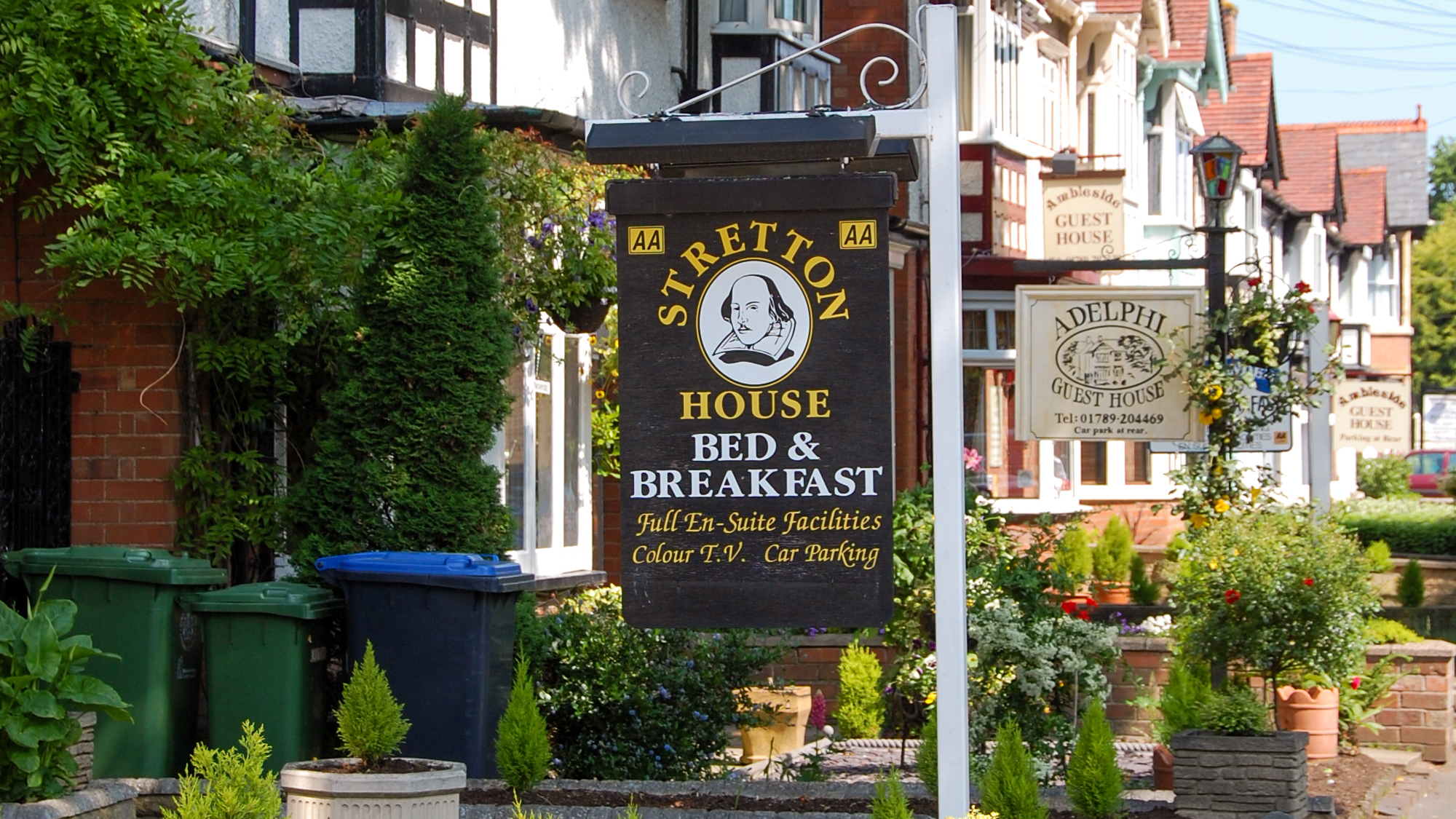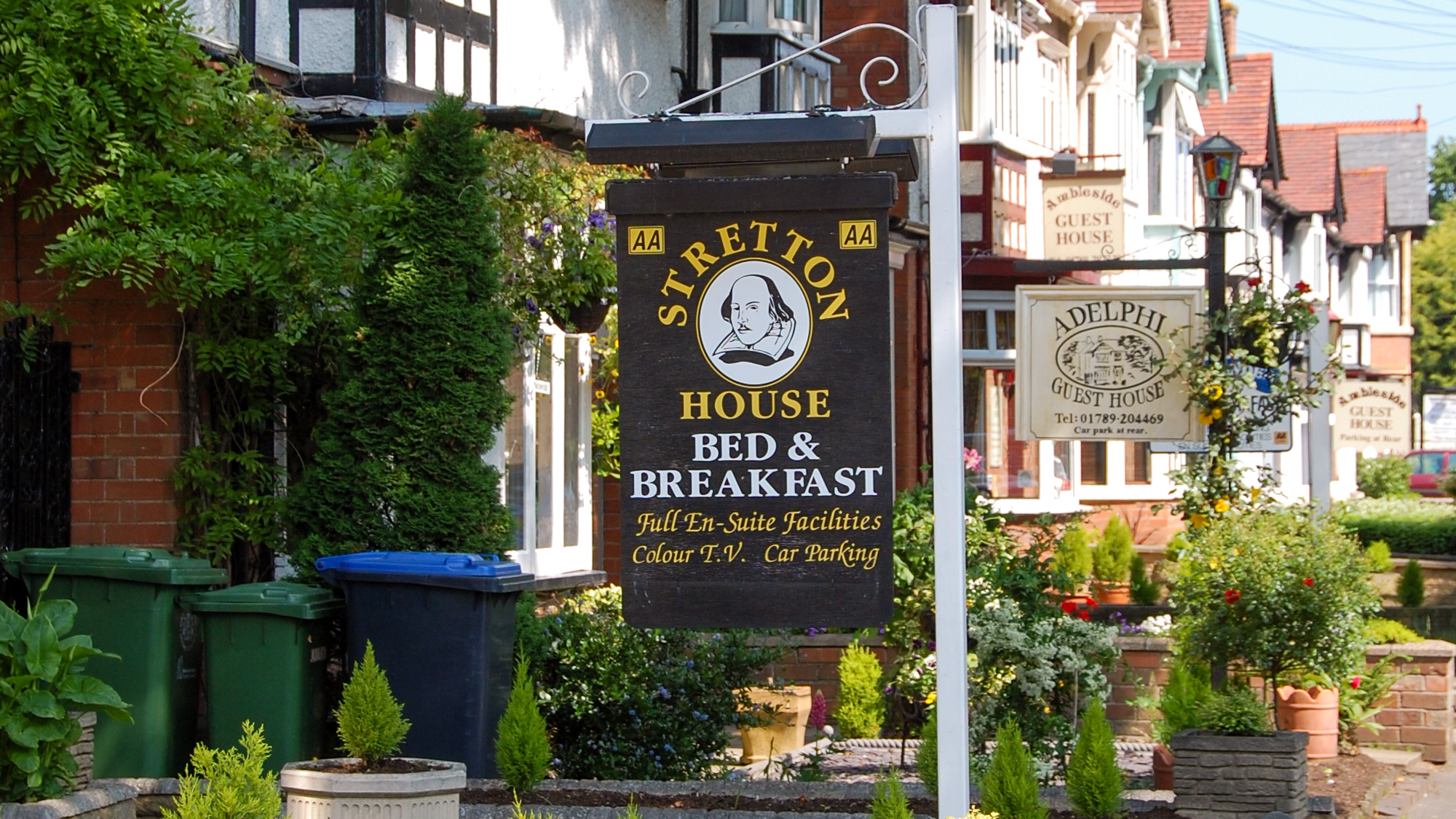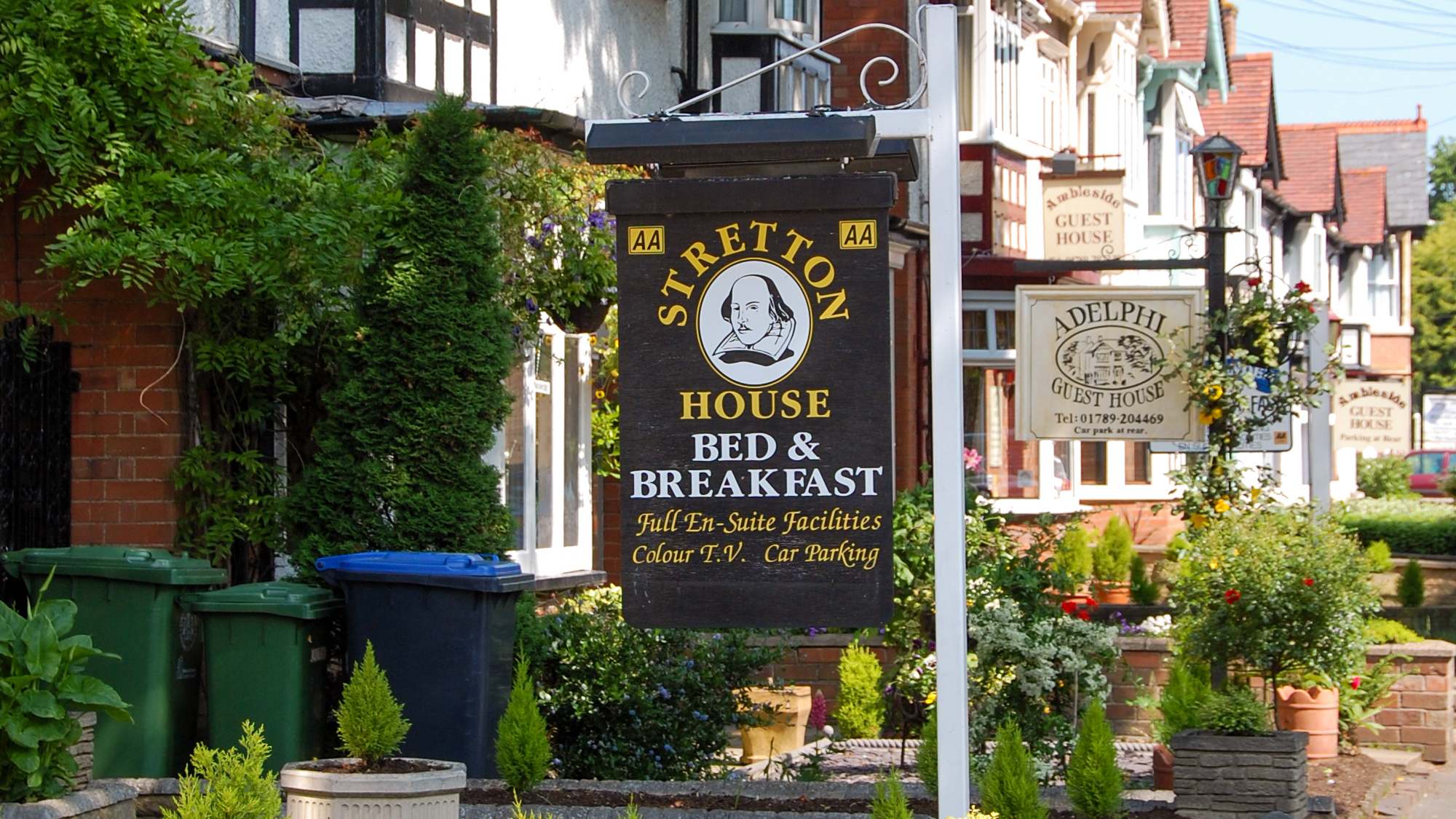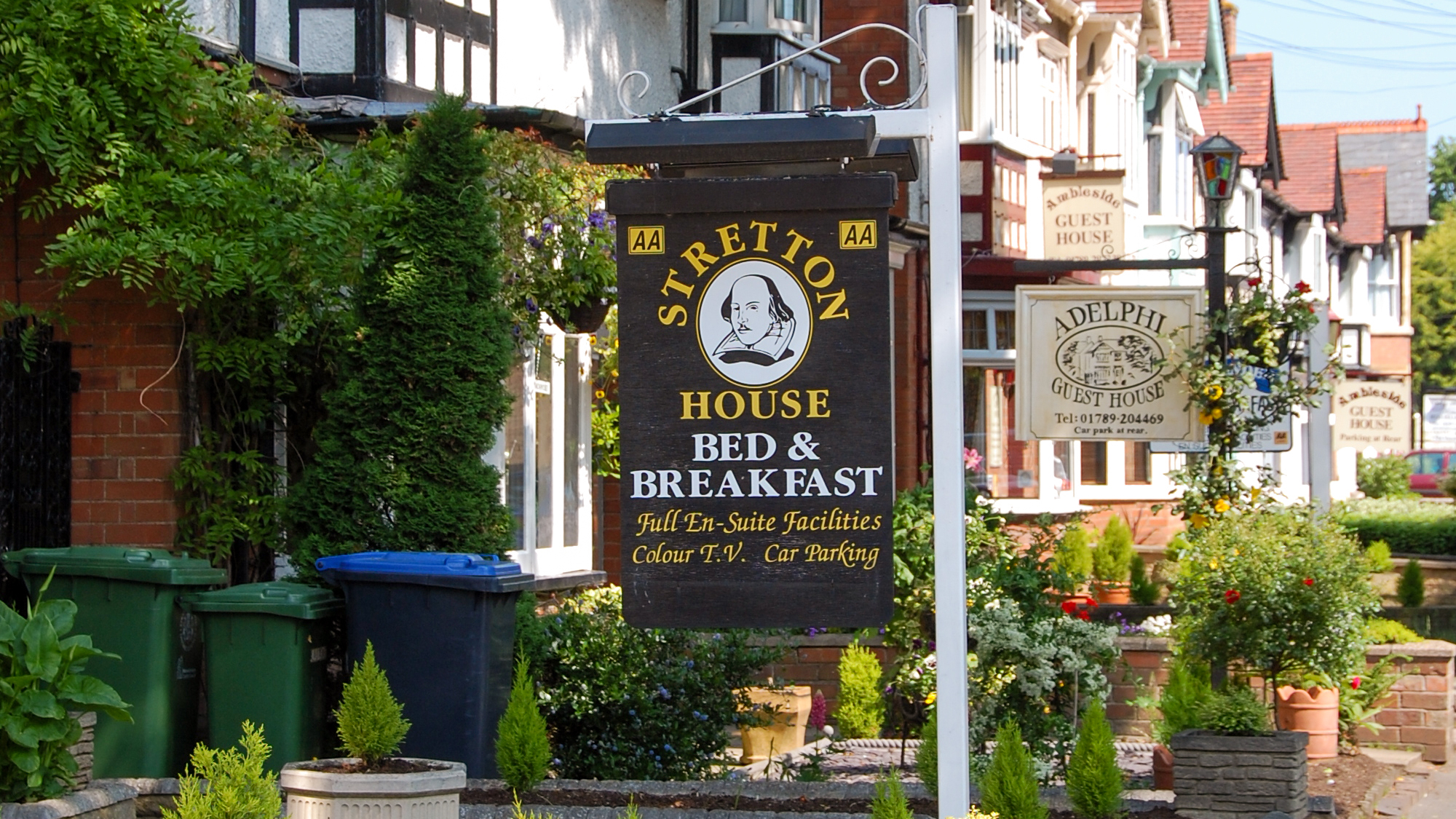Running a bed and breakfast comes with unique environmental risks that many property owners don't fully consider until it's too …
Farm B&B Insurance: Complete Coverage Guide for Rural Hospitality Businesses
Introduction
Farm bed and breakfasts represent a unique blend of agricultural operations and hospitality services, creating distinctive insurance challenges that standard policies often fail to address adequately. Operating a farm B&B involves managing livestock, crops, and agricultural equipment alongside guest accommodation, dining services, and recreational activities. This dual-purpose operation requires specialized insurance coverage that protects both your farming enterprise and hospitality business.
The rural tourism sector has experienced significant growth, with farm B&Bs becoming increasingly popular among visitors seeking authentic countryside experiences. However, this growth brings heightened liability risks, from guests interacting with farm animals to potential injuries during farm tours or outdoor activities. Understanding the specific insurance requirements for farm B&B operations is crucial for protecting your business, property, and financial future.
Understanding Farm B&B Insurance Risks
Agricultural Risks
Farm B&Bs face all traditional farming risks including livestock disease, crop failure, extreme weather damage, and equipment breakdown. These risks are amplified when guests are present, as agricultural activities must continue alongside hospitality operations. Machinery accidents, animal-related incidents, and chemical storage issues pose significant concerns when members of the public are on your property.
Hospitality Risks
The accommodation aspect introduces typical B&B risks such as guest injuries, food poisoning, fire damage, and theft. Kitchen operations, particularly when serving farm-to-table meals using your own produce, create additional food safety and liability considerations. Guest rooms, common areas, and dining facilities all require appropriate coverage for property damage and public liability claims.
Unique Combined Risks
The intersection of farming and hospitality creates unique risk scenarios. Guests may wander into restricted farm areas, children might approach dangerous machinery, or visitors could be injured by livestock. Farm tours, educational activities, and hands-on experiences like egg collecting or milking demonstrations significantly increase liability exposure.
Essential Coverage Components
Public Liability Insurance
Public liability coverage is absolutely critical for farm B&Bs, protecting against claims from guests injured on your property. This includes injuries from farm animals, slips and falls around farm buildings, accidents during farm activities, and incidents involving farm equipment. Coverage should extend to all areas guests might access, including fields, barns, and outdoor recreational spaces.
Employers Liability Insurance
If you employ staff for either farming operations or hospitality services, employers liability insurance is legally required. This covers claims from employees injured while working, whether they're involved in agricultural tasks, housekeeping, food preparation, or guest services. Farm work carries inherent risks that make this coverage particularly important.
Property Insurance
Comprehensive property insurance should cover all buildings including the farmhouse, guest accommodation, barns, outbuildings, and any specialized structures like farm shops or event spaces. Coverage must address both agricultural and hospitality equipment, from tractors and livestock handling facilities to commercial kitchen equipment and guest room furnishings.
Business Interruption Insurance
Business interruption coverage protects your income when operations are disrupted by covered events. For farm B&Bs, this might include livestock disease outbreaks requiring quarantine, fire damage to accommodation facilities, or extreme weather preventing both farming operations and guest visits. This coverage should account for seasonal variations in both agricultural and tourism income.
Product Liability Insurance
If you sell farm produce, serve meals using your own ingredients, or offer products in a farm shop, product liability insurance protects against claims arising from your products. This includes food poisoning from farm-to-table meals, allergic reactions to dairy or other farm products, or injuries from defective farm goods.
Professional Indemnity Insurance
While not always obvious, professional indemnity coverage can be valuable for farm B&Bs offering educational services, farm tours, or agricultural consultancy alongside accommodation. This protects against claims arising from advice given about farming practices, animal husbandry, or agricultural techniques.
Specialized Farm B&B Considerations
Livestock Coverage
Livestock insurance becomes more complex when guests are present. Coverage should address not only disease, theft, and accidental death but also incidents involving guests. This includes situations where livestock might injure visitors or where guest actions might harm animals. Some insurers offer specific coverage for livestock used in educational or recreational activities.
Farm Tours and Activities
Many farm B&Bs offer guided tours, hands-on experiences, or educational programs. These activities require specific liability coverage and may need additional risk assessments. Activities like tractor rides, animal feeding, or participation in farm work create elevated risks that standard policies might exclude.
Seasonal Variations
Farm B&B operations often experience significant seasonal variations in both agricultural activities and guest numbers. Insurance coverage should account for these fluctuations, ensuring adequate protection during peak seasons while avoiding over-insurance during quieter periods. Some insurers offer flexible policies that adjust coverage levels seasonally.
Food Safety and Kitchen Operations
Commercial kitchen operations serving farm-to-table meals require specialized coverage. This includes protection against food poisoning claims, coverage for commercial kitchen equipment, and liability for meals served to guests. If you process your own meat, dairy, or other products, additional food safety coverage may be necessary.
Regulatory Compliance and Standards
Food Safety Regulations
Farm B&Bs serving meals must comply with food safety regulations, which can be complex when using home-produced ingredients. Insurance coverage should align with regulatory requirements and may include coverage for regulatory defense costs if food safety issues arise.
Health and Safety Requirements
The combination of agricultural operations and public access creates complex health and safety obligations. Insurance should cover regulatory defense costs and fines where appropriate, while also providing guidance on maintaining safe operations.
Tourism and Accommodation Standards
Many regions have specific standards for tourist accommodation that farm B&Bs must meet. Insurance coverage should support compliance with these standards and provide protection if regulatory issues arise.
Risk Management Strategies
Guest Safety Protocols
Implementing comprehensive guest safety protocols reduces insurance claims and may qualify for premium discounts. This includes clear signage around farm hazards, restricted access to dangerous areas, safety briefings for guests, and appropriate supervision during farm activities.
Staff Training
Proper training for all staff, whether involved in farming or hospitality operations, is crucial for risk management. This includes animal handling, food safety, guest safety, and emergency procedures. Well-trained staff reduce the likelihood of incidents and demonstrate due diligence to insurers.
Property Maintenance
Regular maintenance of both farm infrastructure and guest facilities is essential for preventing accidents and maintaining insurance coverage. This includes fencing, gates, pathways, buildings, and equipment used by both farm operations and guests.
Documentation and Records
Maintaining detailed records of safety procedures, staff training, maintenance activities, and incident reports supports insurance claims and demonstrates responsible management. This documentation can be crucial in defending liability claims.
Choosing the Right Insurer
Specialist Knowledge
Select insurers with specific experience in farm B&B operations who understand the unique risks and coverage requirements. Generic business insurance providers may not adequately address the complex intersection of agricultural and hospitality risks.
Coverage Flexibility
Look for insurers offering flexible policies that can adapt to seasonal variations, changing farm activities, and evolving hospitality services. The ability to adjust coverage as your business develops is particularly valuable for growing farm B&B operations.
Claims Support
Choose insurers with strong claims support and experience handling complex farm B&B claims. The intersection of agricultural and hospitality risks can create complicated claims scenarios requiring specialist expertise.
Risk Management Support
Many specialist insurers offer risk management support, including safety guidance, training resources, and regular risk assessments. This support can help prevent claims while potentially reducing premiums.
Cost Factors and Considerations
Risk Assessment Factors
Insurance premiums for farm B&Bs depend on numerous factors including farm size, livestock types, guest capacity, activities offered, location, and claims history. Properties with higher-risk activities like horse riding or adventure tourism typically face higher premiums.
Coverage Limits
Ensure coverage limits are adequate for potential claims, considering that farm B&B operations can face significant liability exposure. Underinsurance can be particularly costly given the potential severity of agricultural and hospitality-related claims.
Deductibles and Excesses
Balance deductibles against premium costs, considering your ability to handle smaller claims internally. Higher deductibles can reduce premiums but ensure you can manage the financial impact of frequent smaller claims.
Common Exclusions and Limitations
Standard Exclusions
Be aware of common exclusions that might affect farm B&B operations, such as pollution liability, cyber risks, or specific agricultural activities. Understanding exclusions helps identify where additional coverage might be needed.
Activity Limitations
Some policies may exclude certain farm activities or limit coverage for specific types of guest interactions. Ensure your policy covers all activities you plan to offer guests.
Seasonal Restrictions
Some insurers impose seasonal restrictions on coverage, particularly for outdoor activities or specific agricultural operations. Understand any timing limitations that might affect your business operations.
Claims Process and Management
Immediate Response
Establish clear procedures for handling incidents involving guests, including immediate medical response, incident documentation, and insurer notification. Quick, appropriate responses can minimize claim severity and demonstrate responsible management.
Documentation Requirements
Understand what documentation insurers require for different types of claims. This includes incident reports, witness statements, medical records, and evidence of safety procedures being followed.
Business Continuity
Develop plans for maintaining operations during claim investigations or while repairs are conducted. This is particularly important for farm B&Bs where both agricultural activities and guest services must continue.
Future Considerations
Business Expansion
As your farm B&B grows, regularly review insurance coverage to ensure it remains adequate. Adding new activities, increasing guest capacity, or expanding agricultural operations all affect insurance requirements.
Regulatory Changes
Stay informed about changing regulations affecting both farming and hospitality operations. Insurance coverage should evolve with regulatory requirements to maintain adequate protection.
Market Trends
Monitor trends in rural tourism and agricultural practices that might affect your risk profile. Emerging activities or changing guest expectations may require insurance coverage adjustments.
Conclusion
Farm B&B insurance requires careful consideration of the unique risks created by combining agricultural operations with hospitality services. The complexity of these operations demands specialized coverage that addresses both traditional farming risks and hospitality-related liabilities. Success depends on working with experienced insurers who understand farm B&B operations and can provide comprehensive, flexible coverage.
Proper insurance protection enables farm B&B operators to focus on providing exceptional guest experiences while maintaining productive agricultural operations. By understanding the specific risks and coverage requirements outlined in this guide, farm B&B owners can make informed decisions about their insurance needs and protect their business investment.
The key to effective farm B&B insurance lies in recognizing that standard agricultural or hospitality policies alone are insufficient. The intersection of these two industries creates unique risks requiring specialized attention and coverage. With appropriate insurance protection and proactive risk management, farm B&Bs can thrive while providing guests with authentic countryside experiences and maintaining successful agricultural operations.
Regular review of insurance coverage, ongoing risk management, and maintaining strong relationships with specialist insurers ensure that farm B&B operations remain protected as they evolve and grow. This comprehensive approach to insurance provides the foundation for sustainable success in the challenging but rewarding farm B&B sector.


 0330 127 2333
0330 127 2333
